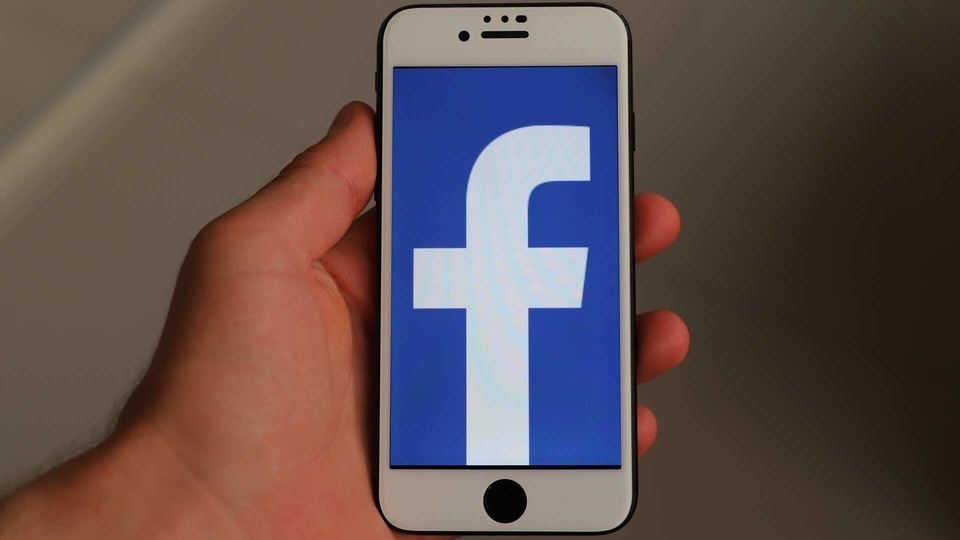How to go cold turkey on $77 billion of Facebook ads
Companies are boycotting to force the tech giant to tackle racism. What if they just abandoned the platform entirely?

It's good that big brands like Verizon Communications Inc. and Unilever NV are pulling ads from Facebook Inc.
As my colleague Sarah Halzack has written, the way to make the adtech giant change its approach to tackling hate speech and misinformation is to target how it makes money. (A similar effort worked at Google's YouTube unit.) But Mark Zuckerberg and co. will still make $77 billion this year from advertisers. If brands really believe in this crusade, they should get off Facebook entirely.
On Thursday, Verizon became one of the biggest brands to announce it will pull ads from Facebook in July, joining the likes of Patagonia Inc. and Recreational Equipment Inc. in a month-long campaign called Stop Hate For Profit. The movement is being led by groups such as the Anti-Defamation League and Color of Change, and is channeling momentum of the Black Lives Matter movement to realize real change. On Friday, Ben & Jerry's, Hellman's and Dove parent Unilever announced it would halt ads on Facebook and Twitter Inc. in the U.S. for the rest of 2020.
It's a commendable effort to force Facebook to remodel its practices, but there's a business incentive too: An ad appearing alongside a conspiracy theory is not a good look, particularly if a slice of the revenue goes to the maker of the video. A group of brands with a combined advertising budget of $97 billion is already pushing for better controls. More of them should follow Verizon's lead, not least the handful of other telecoms operators in the U.S.
Arguably, the main reason Verizon even needs to advertise on Facebook is because its rivals AT&T Inc. and T-Mobile U.S. Inc. are both doing so too. Since competitive intensity has been significantly reduced by pandemic lockdowns, now seems a particularly good time for mobile operators to cut marketing spend.
If firms are serious about upping the pressure on Zuckerberg, however, they should abandon their presence on the social network completely by deleting their Facebook pages. That might seem like a brand cutting off its nose to spite its face, but as long as it has a Facebook page, then the advertising boycott looks like an empty threat.
That's because the ad spend will ultimately return after the boycott. There's little point in maintaining a corporate Facebook presence without paying to promote content, due to the limitations of what's known as organic reach, or how many users see a post without a company or individual paying to get it in front of them. Without paid promotion, just 1% of a page's followers are likely to see a given post, according to digital agency Jellyfish.
It wasn't always this way. In the early days, Facebook lured brands by showing how many customers they could reach by setting up a page. Then the Menlo Park, California-based firm changed its algorithm so that very few people would see a company's posts if it didn't pay for promotion. It was the classic Silicon Valley bait-and-switch.
UniCredit SpA, Italy's biggest bank, bit the bullet and ditched its Facebook presence a year ago. It had already stopped paying for Facebook ads, which meant that very few of the 546,000 followers of its UniCredit Italia page actually saw its content — perhaps just 5,500. Its resolve is so far holding: It hasn't returned to the social network yet.
Being on Facebook can also present more of a risk than an opportunity, especially for an incumbent brand like a bank or telecoms giant. UniCredit's followers probably represented a significant cross-section of its consumer banking customers, which therefore served as a handy list of people for challenger banks like N26 or Revolut to target with ads and try to steal away.
Plus, if a company has a Facebook page, it still has to regularly post new content and interact with customers — both of which cost money. If it doesn't, the page will likely fill up with customer complaints, which would show up at the top of online search results. The business reasons for big-spending incumbents to leave Facebook might be almost as good as the ethical ones.
Zuckerberg needs financial incentives to be more proactive about managing content effectively, partially because his lodestar has long been user engagement. And more polarizing content drives more user engagement. The Wall Street Journal reported in May that a report commissioned by Facebook in 2018 found the platform often did aggravate polarization and tribal behavior, yet the firm decided not to tackle the issue.
Regulating content directly often means impinging on thorny free speech issues. It's a troublesome affair. Far better to find market-based, commercial incentives that mean the issue must be taken seriously. Will enough brands use these to make a meaningful difference? Probably not, but they have the opportunity to give Facebook the firmer poke it needs.
This column does not necessarily reflect the opinion of the editorial board or Bloomberg LP and its owners.
Alex Webb is a Bloomberg Opinion columnist covering Europe's technology, media and communications industries. He previously covered Apple and other technology companies for Bloomberg News in San Francisco.
Written by Alex Webb.
Catch all the Latest Tech News, Mobile News, Laptop News, Gaming news, Wearables News , How To News, also keep up with us on Whatsapp channel,Twitter, Facebook, Google News, and Instagram. For our latest videos, subscribe to our YouTube channel.































